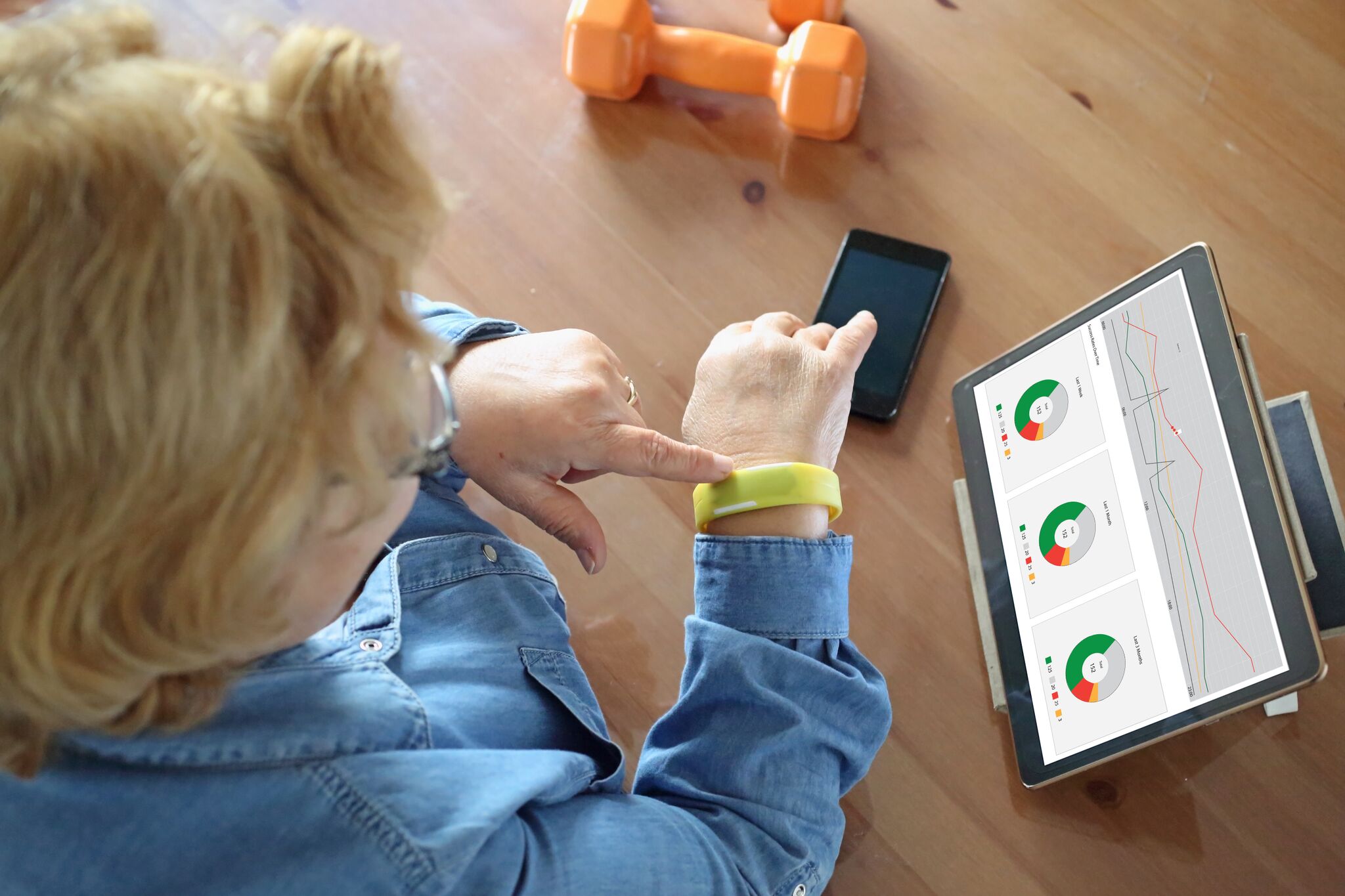
The UK government is launching a program that will tap AI and other technologies in order to build new, far-reaching preventive healthcare efforts.
According to a green paper published by the Cabinet Office and the Department for Health and Social Care (DHSC), the government is aiming to accelerate projects around prevention and detection of conditions at an early stage, enable a greater degree of self-care and work more closely with the National Health Service (NHS) to put prevention at the center of decision-making.
“New technologies such as genomics and artificial intelligence will help us create a new prevention model that means the NHS will be there for people even before they are born,” the green paper stated. “In the 2020s, people will not be passive recipients of care. They will be co-creators of their own health. The challenge is to equip them with the skills, knowledge and confidence they need to help themselves.”
To support that goal, Public Health England (PHE), an executive agency of DHSC that provide government and the public with expertise and support, will start working with the digital delivery unit for the healthcare system, NHSX, to build a portfolio of innovations that will support the evaluation and modeling of predictive prevention projects at scale.
UK officials see technologies such as AI and machine learning not only as a way to provide better services to patients, but also as a means to reduce pressure on resources across the NHS, with plans in the horizon to reward organizations for investing in those tools.
The program around predictive prevention led by PHE and NHSX will also seek to refine the government’s approach to data analysis and insight generation around healthcare, so that needs of at-risk and vulnerable groups can be properly understood and supported.
The initial phase of the program led by PHE and NHSX will see collaborative work between the public health system, academia and private and voluntary sectors to “get foundations right” in terms of building public trust about use of data in healthcare.
Data held by the NHS, coupled with data generated by individuals’ smart devices, is expected to “usher in a new wave of intelligent public health”, with individuals being able to access their own health information more easily, leading to a personalization of interventions.
“Health is a shared responsibility and only by working together can we achieve our vision of healthier and happier lives for everyone,” the green paper noted.


